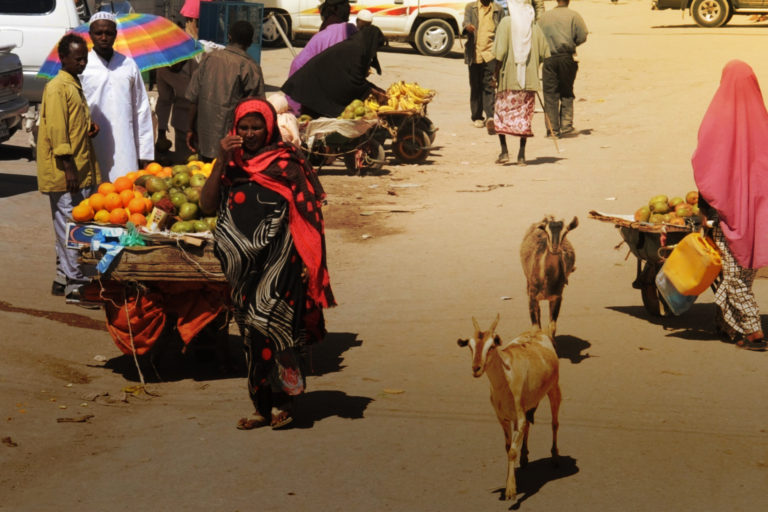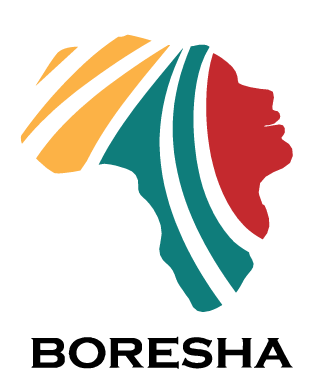World Vision
Working with communities, regional, local and county government to ensure proper implementation and sustainability of the project along and across the border areas.

World Vision is an international Christian humanitarian and development organisation, dedicated to working with children, families and communities worldwide to reach their full potential by addressing the causes of poverty and injustice.
WVI partners with communities, the Government, sponsors, donors and corporates to realize our global strategy, Our Promise 2030: Building Brighter Futures for Vulnerable Children.
Through our strategy, we envision children living and enjoying life in all its fullness. To this end we work with partners to improve livelihoods and resilience, education & child protection, health, nutrition and HIV/Aids, humanitarian emergency affairs and access to water, sanitation and hygiene (WASH) for children and their families. Through our advocacy work, we enable the voices of children and their communities to reach decision-makers, who have power to change unjust policies and practices.
World Vision International (EARO) which includes WV Kenya and WV Somalia have a vast program reach in Eastern Africa, with grants office and Area Programs (APs) –Emergency, short and long-term development programs, spread across 9 countries, and over 100 worldwide..
World Vision serves all people regardless of religion, race, ethnicity or gender.
Vision statement
Our vision for every child, life in all its fullness; Our prayer for every heart, the will to make it so.
Mission statement
World Vision is an international partnership of Christians, whose mission is to follow our Lord and Saviour Jesus Christ, in working with the poor and oppressed to promote human transformation, seek justice and bear witness to the good news of the Kingdom of God.
Core Values
We are Christian | We are committed to the poor | We value people | We are stewards | We are partners |We are responsive
Under BORESHA, WVI will implement Index Based Livestock Insurance (IBLI) targeting a total of 3000 House Holds (HHs) by 2020. This will be achieved through series of sensitization and awareness creation forums/meetings targeting key stakeholders in livestock sector. The pastoral communities will also be linked to sharia compliant livestock insurance service provider. It is envisaged that this intervention will cushion pastoral communities against adversities of droughts and thus protect communities’ assets and livelihoods. With this kind of resilience built, the communities’ will be able to secure their sources of food which will translate to improved health and wellbeing of the children. In the long run, the resilience is expected contribute to communities’ prosperity and development. Moreover, through livestock insurance, the involuntary migration of the pastoral communities will be addressed and this will enable school going children to continue with their studies during lean periods.
The primary objective of World Vision’s strategy for Resilient Development Practice is to contribute to the sustained well-being of the children by addressing the drivers of risk and Vulnerability in a changing climate. This objective is pursued at both a policy and practice level within the organization. With EUTF funds, World Vision seeks to strengthen communities’ preparedness, response and recovery to shocks through capacity building of community structures/institutions and facilitating the communities in developing actionable DRR action plans.

Program Activities
Below are some of the interventions world Vision is undertaking under BORESHA grants to contribute to communities’ resilience to disaster. The very many specific activities are clustered under the below major activities.
- Strengthen 16 community-based early warning and response systems
- Develop 16 evidence-based, community-driven DRR action plans
- Enhance cross-border pastoralists’ understanding of the IBLI scheme targeting 2,000 livestock holders and local communities (including women pastoralists)
- Connect 2000 farmers with sharia compliant (where relevant) insurance provider
- Protect Pastoralist livestock assets through planned offtake and restocking programmes
- Rehabilitation or construction of health centers and schools through Cash for Work programme
- Identify/mapping of existing service providers in the health and education sectors, and provision of training on the identified need.
- Support Vocational skills training for youths
